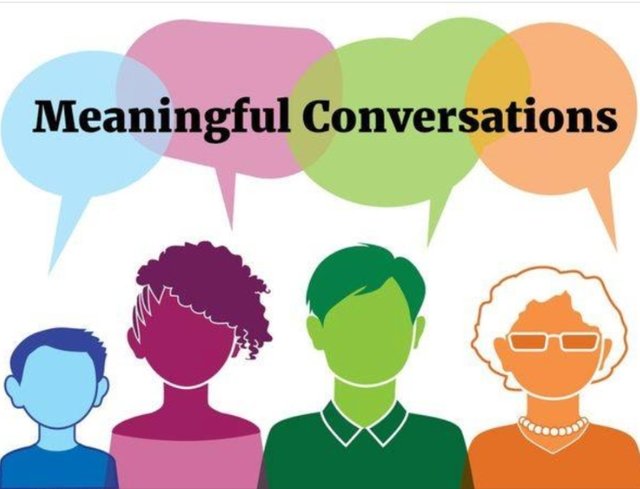THE ONE COMMA CLUB: EP5

Hello Guys,
Thank you for taking the time to join me. If you enjoy reading as much as i do, please share your thoughts.
Today's focus is on...

There is a way to test whether you understand the idea or only know the definition. It’s called the Feynman Technique and it looks like this:
Test it this way: you say, “Without using the new word which you have just learned, try to rephrase what you have just learned in your own language.” Without using the word “energy,” tell me what you know now about the dog’s motion.” You cannot. So you learned nothing about science. That may be all right. You may not want to learn something about science right away. You have to learn definitions. But for the very first lesson, is that not possibly destructive? [...]
CONTINUE READING》
***
The Four Types of Relationships and the Reputational Cue Ball
The most common strategy in life when you feel like someone is taking advantage of you is tit-for-tat. That is, return what you get. (Newton figured this out long ago.)

The person on the LOSING side of any relationship tends to coil like a spring, the latent energy building with time, frequency, and magnitude of slight. The more they perceive you taking advantage of them, the higher the odds they negatively become spring-loaded. This creates a negative leaping emergent effect. That’s human nature. Given the chance to punish someone that we feel wronged us, even at personal cost, we will often take it.[...]
CONTINUE READING》
...........***...........
** Never tear down anything unless you are prepared to build something better in its place.
This rule applies to both individuals and things. It’s easy to criticize other people thoughtlessly for their shortcomings, and equally easy to find fault in their work or in situations that are not to your liking. It is far more difficult to be a builder of people and to create works of art, useful products, or profitable businesses. Make sure you are a builder, not a destroyer of people and things. When you criticize the actions or work of others — your children, your employees, or others for whom you are responsible — make sure your criticisms are positive and directed at the act, or the opportunity for improvement, not the individual. Include specific suggestions for their application and focus on the potential for success.
13th August 2018,
Talk soon.
Moserich.

Hi! I am a robot. I just upvoted you! I found similar content that readers might be interested in:
http://www.naphill.org/tftd/thought_for_the_day_sunday_may_21_2017/